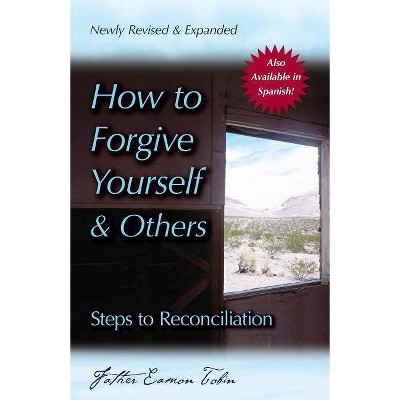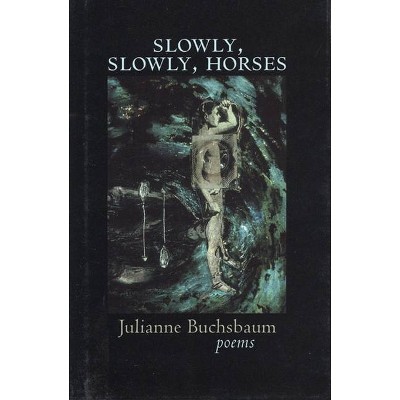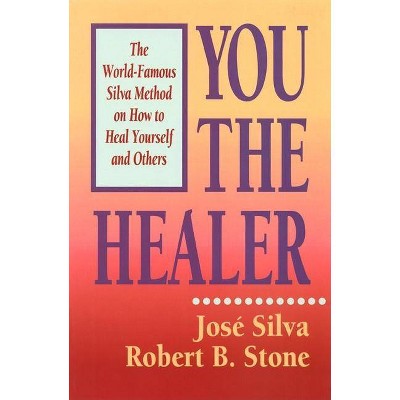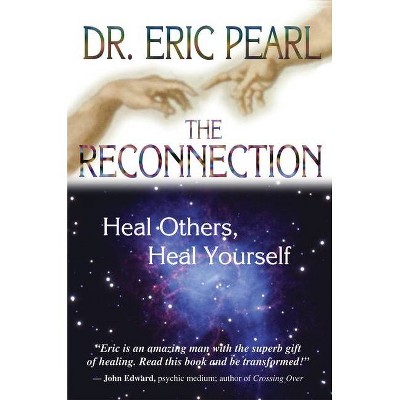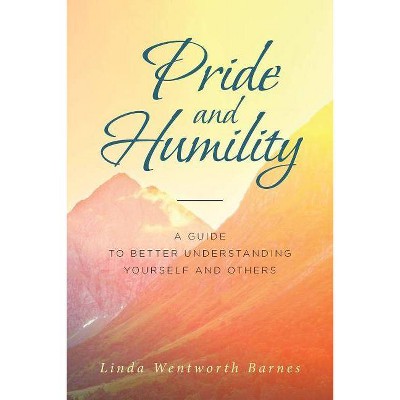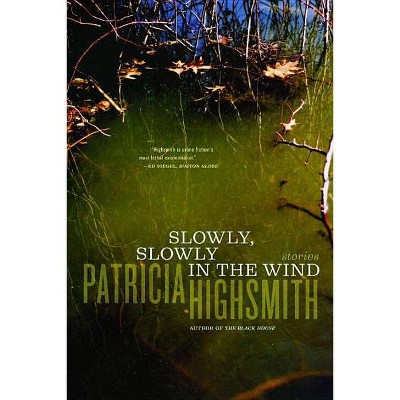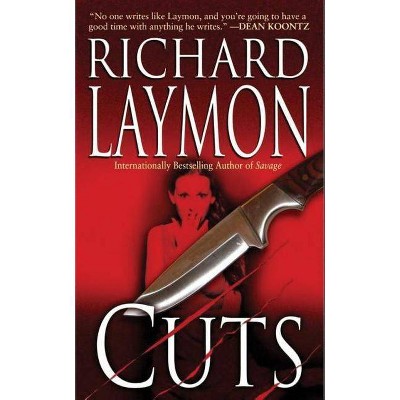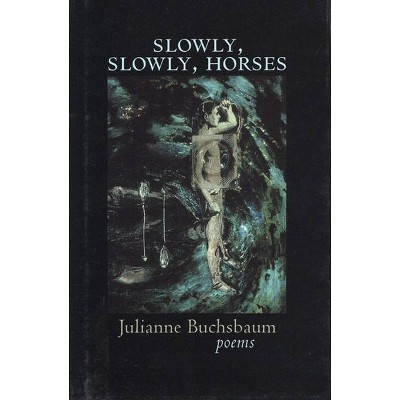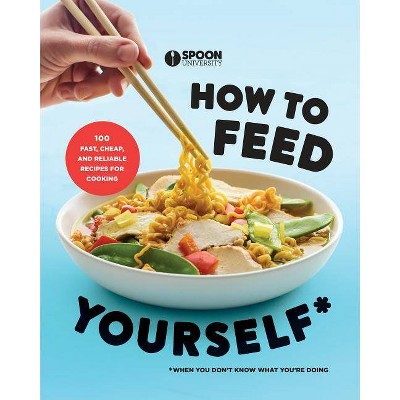How to Slowly Kill Yourself and Others in America - by Kiese Laymon (Paperback)
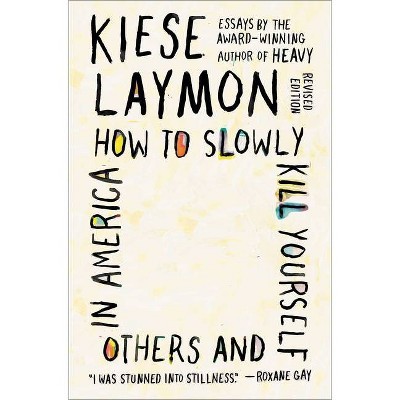
Similar Products
Products of same category from the store
AllProduct info
<p/><br></br><p><b> About the Book </b></p></br></br>"A collection of essays on family, race, violence, celebrity, music, writing, and other topics"--<p/><br></br><p><b> Book Synopsis </b></p></br></br><b>A revised </b><b>collection with thirteen essays, including six new to this edition and seven from the original edition, </b><b>by the "star in the American literary firmament, with a voice that is courageous, honest, loving, and singularly beautiful" (NPR).</b> <p/>Brilliant and uncompromising, piercing and funny, <i>How to Slowly Kill Yourself and Others in America </i>is essential reading. This new<b> </b>edition of award-winning author Kiese Laymon's first work of nonfiction looks inward, drawing heavily on the author and his family's experiences, while simultaneously examining the world--Mississippi, the South, the United States--that has shaped their lives. With subjects that range from an interview with his mother to reflections on Ole Miss football, Outkast, and the labor of Black women, these thirteen insightful essays highlight Laymon's profound love of language and his artful rendering of experience, trumpeting why he is "simply one of the most talented writers in America" (<i>New York </i>magazine).<p/><br></br><p><b> Review Quotes </b></p></br></br><br>"By adding six rich new essays, deftly curating seven from the original book, and reworking the chronology, [Laymon has] made a once solid collection superb. This revision opens with Laymon in full bloom as an artist and introspector in his essay 'Mississippi: An Awakening, in Days.' Contextualizing the 'where and why' of Laymon's making as an artist provides the narrative thrust of the book, as readers are escorted back in time, ending, chronologically, at the beginning. Ever-present throughout <i>How to Slowly Kill Yourself and Others in America</i> is the blues ethos of stating and confronting the brutal facts of life and of placing a high premium on style, improvisation and excellence. "<br> <i><b>--New York Times Book Review</b></i> <p/> "Laymon writes that it took courage for him to face himself, the truth of who he is, who he was. Necessary steps to get to the man he wants to be. The same can be said of the nation, he writes. It takes courage to face things down, call them out and then to act on them. It takes fearless revision."<br> <i><b>--Atlanta Journal-Constitution</b></i> <p/>"Kiese Laymon's collection of essays reaches the pinnacle of truth-telling that only essayists with this author's candor and depth can achieve. His prose evokes a visceral reaction: one that inspires empathy, underscoring great love for humanity."<br> <i><b>--San Francisco Book Review</b></i> <p/>"[A] profound work... Laymon brings vulnerability to each page, whether talking about the influence of OutKast and Southern hip-hop on his life, being told that he's not like other Black people, or battling personal demons on the path to becoming a published writer... Moving and meditative, this reckoning on Blackness, manhood, and self adds to Laymon's legacy as an influential writer."<br> <b>--<i>Library Journal</i>, starred review</b> <p/> "Gracefully encompassing pain and power and so much in between, Laymon's artfully piercing essays share truth without limit, and could not feel more timely."<br> <b>--<i>Booklist</i>, starred review</b> <p/> "Revised and expanded from its original publication in 2013, this collection of forthright, spirited essays (six are new) moves back and forth among Jackson, Mississippi, where Laymon was born and grew up ... A timely and disquieting contribution to urgent conversations about race."<br> <b>--<i>Kirkus</i></b> <p/> "While you might successfully read every page in one sitting (and you'll want to), it will take days to fully absorb their richness. When you read Laymon's writing, you are engaging in a conversation that takes place both on and off the page. This is a book you will find yourself revisiting and discussing, with yourself and others, over and over."<br> <b>--<i>Southern Review of Books</i></b> <p/> "In this new edition of 'How to Slowly Kill Yourself and Others in America, ' Laymon uses 13 different essays to remind me of the power found in vulnerability. Not in how it can 'save us, ' but in how it can connect us."<br> <b>--<i>Bese</i></b> <p/> "It's an old book that I'm most excited about during this wild beginning to 2021. The revised reissue of Kiese Laymon's <i>How to Slowly Kill Yourself and Others in America</i> is not just a great excuse to reread the early essays of one of America's most radically compassionate and creative thinkers--now, I get to talk about it again and with so many more readers"<br> <b>--<i>Garden & Gun</i></b> <p/> "The second edition of How to Slowly Kill Yourself and Others in America, out this month, is still about home and family and ghosts, but from the perspective of a more experienced Laymon, writing from a place he has more experiences in--his home state of Mississippi. [Laymon] will continue to use his love, his voice, to write to his peoples, and he will continue to revise off the echo of his own writing, off his own personal ghosts, off the ghosts of the peoples that came before him, off the written monuments they memorialized. And he can continue to revise and use his voice for his peoples, for his home, for those of us that follow him, and our responses can echo back, as we all examine what is wrong with us, as we all examine how we slowly kill ourselves and those we love in America, as we build homes for ourselves."<br> <b>--<i>Ploughshares at Emerson College</i></b> <p/> "If a book of essays had a physical bite, it would be this one. Combining every element of our lives, from music, to police, to our mothers, Laymon casts his ever-aware but empathetic eye on America and offers us both our unvarnished truth and our capacity for hope." <br> <b>--<i>Marketplace </i></b> <p/> "I first encountered Kiese Laymon's writing when I read <i>How to Slowly Kill Yourself and Others in America.</i> I was stunned into stillness."<br> <b>--Roxane Gay, author of<i> Bad Feminist</i></b><br><p/><br></br><p><b> About the Author </b></p></br></br>Born and raised in Jackson, Mississippi, Kiese Laymon, Ottilie Schillig Professor in English and Creative Writing at the University of Mississippi, is the author of the novel <i>Long Division, </i>the memoir <i>Heavy</i>, and the essay collection <i>How to Slowly Kill Yourself and Others in America</i>.
Price History
Cheapest price in the interval: 14.49 on October 22, 2021
Most expensive price in the interval: 14.49 on November 8, 2021
Price Archive shows prices from various stores, lets you see history and find the cheapest. There is no actual sale on the website. For all support, inquiry and suggestion messagescommunication@pricearchive.us
